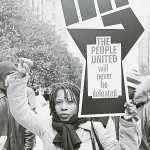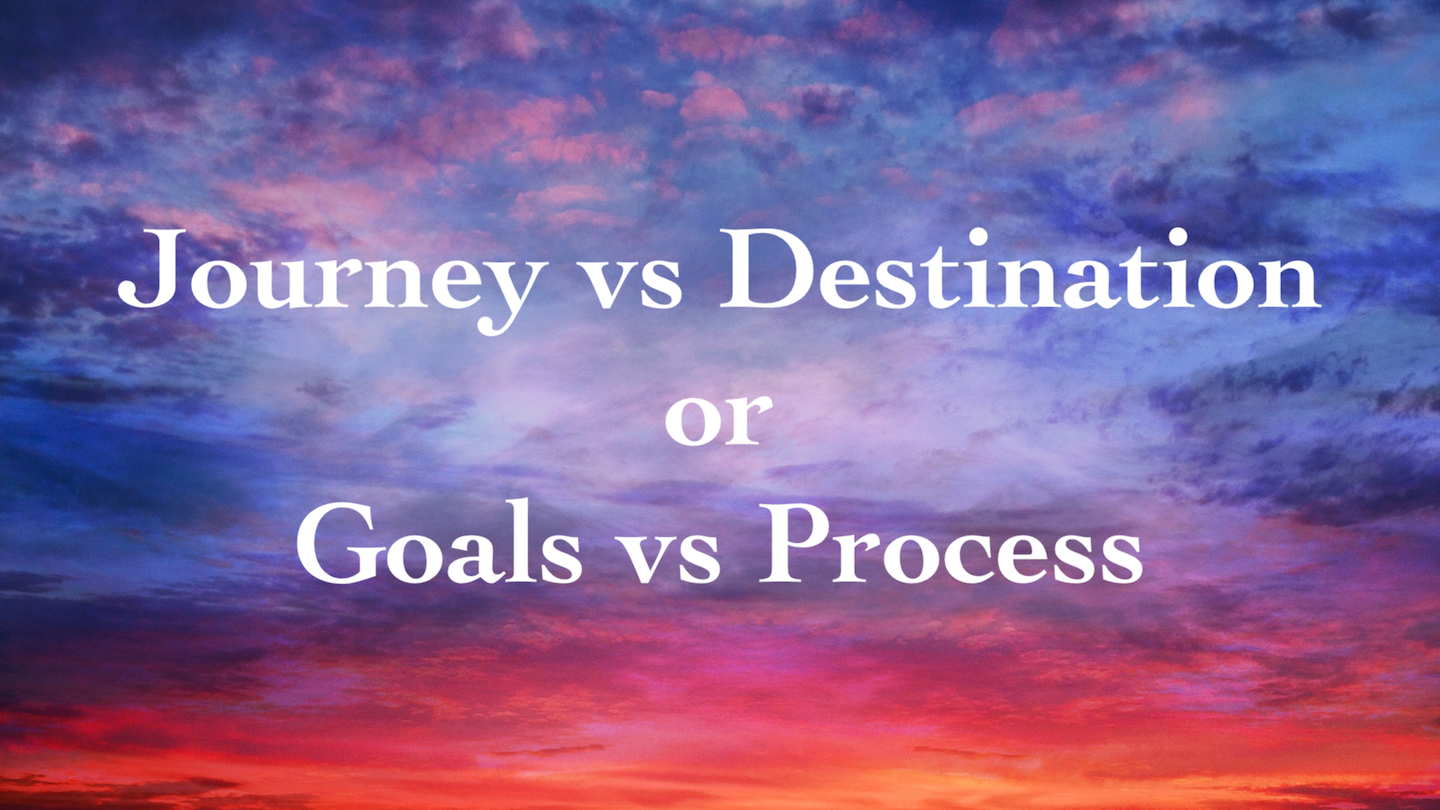Criminalizing Nonviolent Protest
 Our freedoms are at risk. Over the last 20 years, there has been a systematic reduction of our ability to peacefully express our concerns about certain topics. This is not a 3rd-World issue. This is not a North American issue. It isn’t an Asian or even Russian issue, either. The problem is global. It is prevalent in whatever arena one looks in which one wishes to dissent.
Our freedoms are at risk. Over the last 20 years, there has been a systematic reduction of our ability to peacefully express our concerns about certain topics. This is not a 3rd-World issue. This is not a North American issue. It isn’t an Asian or even Russian issue, either. The problem is global. It is prevalent in whatever arena one looks in which one wishes to dissent.
Since I’m in Japan, I’ll mention the evidence of this that hits most close to home: In the years since the Fukushima nuclear disaster transpired on March 11, 2011, the Japanese government passed a law, called the Act on Protection of Specified Secrets, that essentially gives the government carte blanche on defining what is considered to be a defense-related “special secret”. Essentially, bureaucrats and politicians can designate state secrets to their liking. The intention, of course, is to induce the Chilling Effect and reduce incidence of dissenting free speech. With a seemingly arbitrary risk of incarceration in case one speaks out against the government and/or its actions, individuals face very real risk when discussing matters of grave importance.
For Japan, the act seems to have been one of convenience with regard to silencing the NHK news corporation of its public criticisms of Abe’s government over its continued mishandling of the Fukushima nuclear incident aftermath. With the new law, any politician or bureaucrat can designate a particular topic as sensitive, bringing with it swift legal recourse. The risk to news outlets, bloggers and even individuals cannot be underestimated.
In North America, the driving force has been business. In the post-9/11 era, terrorism is the ultimate buzzword that is used to extinguish all manner of peaceful activism. Whether you’re campaigning for honesty in food labeling for GMO-containing products, protesting against an oil pipeline being routed through sensitive biospheres, or even campaigning to prevent cruel mistreatment of animals, you’re likely to be labelled a terrorist and an enemy of, if not the state, society in general.
Activism has always been a risky pastime. If you attend a Greenpeace rally, your photograph will be taken and stored as evidence against you. If you attend a rally to protest the banning of raw milk, you’ll be added to a list of malcontents to be watched. (If you happen to run a private co-op that shares raw milk among its members, prepare for a SWAT team to arrive. Alas, I digress.) If you demand parental informed consent with regard to childhood vaccinations being administered in schools, you’ll be labelled.
Terrorism, eco- or otherwise, should only be a term that is applied to individuals or organizations who engage in violence. Unfortunately, the term is liberally applied to anybody who happens to disagree with business as usual. Don’t want that pipeline? You’re an eco-terrorist. Don’t want that mine to operate in your area? How about being unhappy about fracking? You’re an eco-terrorist.
Along with these labels can come real risk. If you’ve ever flown internationally and been subjected to rigorous security checks time after time after time, you know of which I speak. On the light end of the scale comes inconvenience. A bit deeper in and you get some real annoyances that can get in the way of freedoms. At the nasty end of the spectrum, one can be incarcerated and have little way out in the process.
Governments are afraid of free speech, regardless of the standards upon which constitutional documents may have been based. Free speech ultimately means free information, and an informed population is one that is difficult or even impossible to control. Egypt ran into this situation in early 2011 and it pulled off the unprecedented act of shutting down the entire country’s internet. It failed, but the attempt was a clear signal that governments will stop at nothing to retain their hold on power.
Personally, I view the criminalization of peaceful, nonviolent protest and reporting to be unconscionable and indefensible. We live in a world where we should feel easy about speaking our truth. If I want to espouse the virtues of hugging trees or keeping a pipeline out of sensitive wildlife areas, I should not have the stigma of terrorism attached. Nobody should.
We’re in a time when ad hominem attack is the norm. Instead of debating ideas, it is now customary to attack those who embrace ideals that run counter to our own. This is a trend that I find disturbing, but I steadfastly cling to the ideal that real communication is based on the ability to disagree. Sustainable societies are built upon the free exchange of ideas, information and knowledge. We need to ensure that freedom of speech isn’t just a nifty catchphrase.



June 23, 2014 at 7:11 am
Tim Newfields
I have felt the same concerns: in many parts of the world there seems to be an erosion of basic freedom. This erosion will go unabated if there is widespread apathy. One organization that I feel is trying to
make governments (and big businesses) more accountable is Transparency International. Unless we have basic political transparency, we can never have true freedom.
June 23, 2014 at 8:41 am
Trane Francks
Hi, Tim.
Thanks for the heads-up on Transparency International. I was unaware of this organization and am looking forward to becoming more informed about their work.
Cheers!